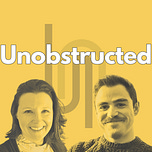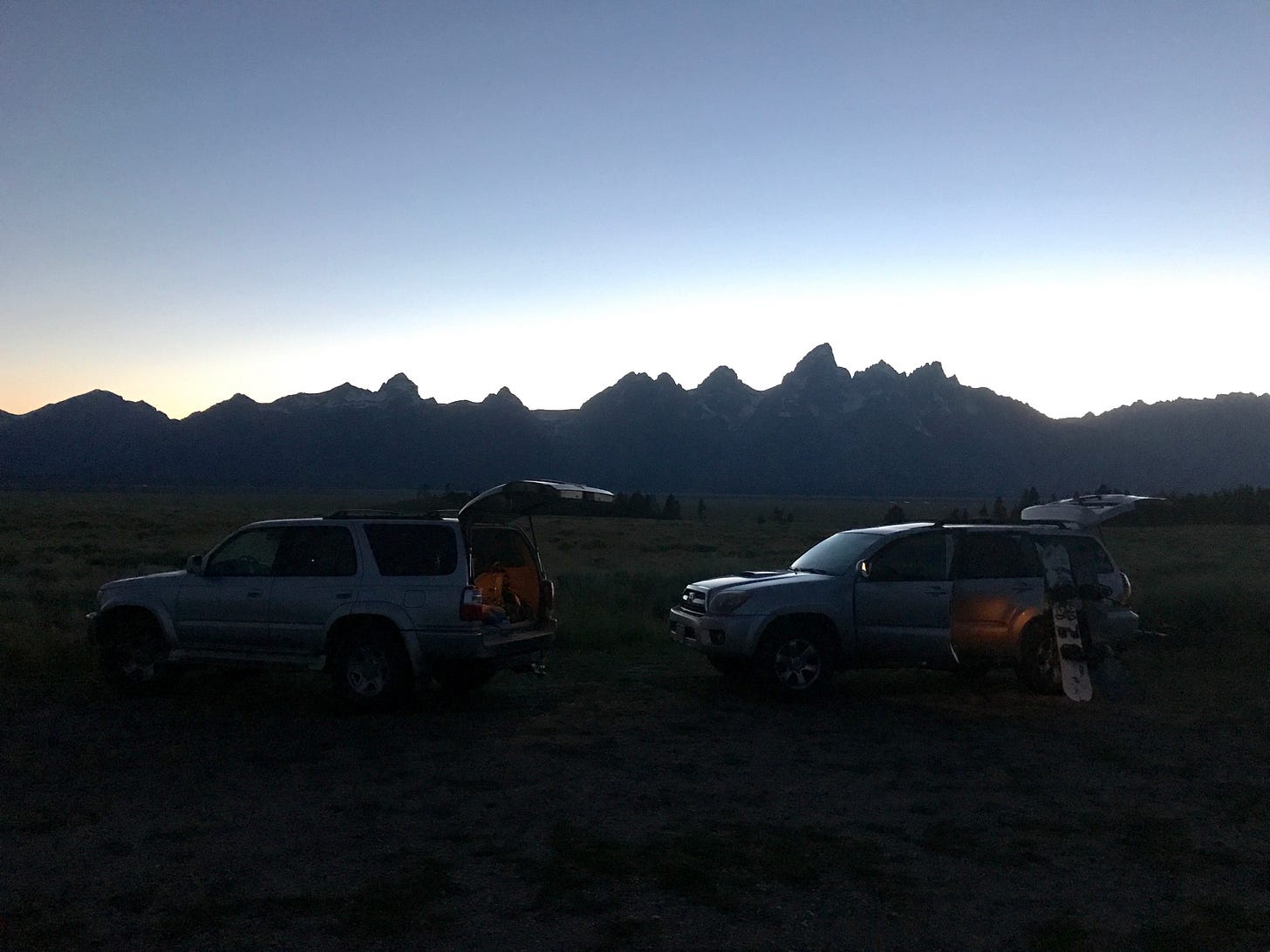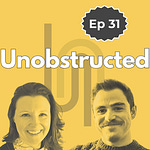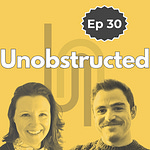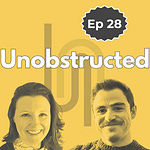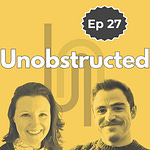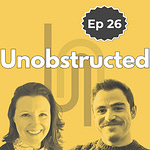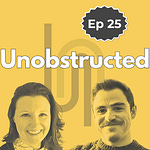I was tired of feeling like my job title mattered more than my name when meeting people. Or that my interests were being brushed aside. I’m just not interested in trying to polish myself up shinier than everyone else.
But plenty of people are. Some call it being professional, others insist it feels phony. Both are true. We’ve all felt pulled to put a smile on while screaming on the inside, or to impress a boss, date, or family member for reasons we couldn’t quite place. It takes a toll. There’s merit to sharing about yourself with dignity. And then there’s presenting an impossible veneer.
Introducing yourself should come second to listening when meeting people.
But it doesn’t.
Social media went from shooting the shit online to framing it and forcefully handing out signed copies.
I have felt for quite some time that my social battery runs out faster than many people in my life. And that’s why I gravitated towards social media at first. I felt like it might allow me to interact without draining my battery as fast—HA! I know now that it ends up burning you out the same way a toxic job does.
In November, I was visiting my friends Caleb, Sarah, and their daughter at their new house. About 10 years ago, Caleb and I met, became coworkers, and inseparable friends all in about 24 hours. I’d been away on a month-long marketing promo tour. When I got back, I didn’t even unpack before he and I were on the road together to our next stop: a showing of the BANFF Mountain Film series in Montana. It was on that same trip that we splitboarded Bridger Bowl ski area in summertime conditions, crashed a graduation party, and developed an affinity for the song When The Tequila Runs Out by Dawes.
Since first meeting back then, we’ve each found success in our marketing career journeys. But not without having to learn, unlearn, and relearn how to handle all things branding.
When working in the outdoor industry, social media served as a highlight-reel to earn jobs, sponsors, and brand partnerships.
When I was working in the industry, that was still during the time when things were expected to be “polished.” People hadn’t become sick of that yet. In fact, that’s what set you apart.
That’s why the company would want to work with you: because you were presentable. It made you an asset to their “polished and presentable” corporate brand. That professional affiliation was the incentive— that’s now flipped entirely.
That mindset also made its way into the competitive nature between us outdoor industry folks digitally. And then, unfortunately, also in person. Catching up with people and introducing yourself turned into listing what you do and who you do it with. It became a social status barrier for the “in-crowd.”
I think it’s really cool to see people rejecting that more and more. Where I get a little bit concerned, is the mob mentality. I wonder if it’s going too far, that expectation to be authentic, not polished. But at the same time, there’s an implication, to be authentic like that, but NOT like “that.”
People are still casting judgment about how other people show up online… while telling them not to cast judgement?
Woof, I’m doing it right now, aren’t I?
The Unobstructed Podcast: Episode 29
In this episode of The Unobstructed Podcast, Caleb Walker and I chat about the crotchety complexities of social media. Specifically, with regard to personal identity. This conversation hit home for me, as I’ve often found myself wrestling with how to present my true self in a world that seems to prioritize professional titles over personal tidbits.
One of my favorite parts of our discussion was talking about the pressure to maintain a polished online persona. Caleb and I covered the growing demand for authenticity, both from individuals and brands, and how he balances his personal and professional identity. His perspective was especially interesting, given his close-knit relationship with social media as the Managing Director of Digital Strategy for his agency.
We assume people demand to be impressed and take it upon ourselves to deliver.
Sitting across from me last week, and through my screen, I had Caleb introduce himself as our podcast guest. Here’s what he said:
“I am a digital marketer by trade, outdoorsman, hobbyist chef, and avid reader who just likes hanging out with my family and spending time outside when I can.”
I just love that. It led to a back-n-forth about why he and his wife, Sarah, are making a concerted effort these days to lead with their personhood and not their profiles—professionally and personally.
During our conversation, Caleb shared a brilliant observation, “[Social media] started to feel more performative than anything else. It became just going through the motions. I think a lot of people started feeling they had to perform more and more.”
This! This is why I’ve been on such a high-horse recently with my dislike of social media. I know, I get it. But this kind of shit makes me feel like such an outsider! I like the intended purpose of social media, but I hate how we’re using it. Because the idea of connecting with people is great but it’s a complete farse.
People are fed up with social media these days, while also starting personal brands, solo businesses, and side projects online.
The want for analog and connection seems to be going up. Yet, those same people who want to leave social are beholden to it when trying to gain attention for whatever project they’re building. All of this, while they actively don’t want to be on these platforms in the first place…
I feel very conflicted about this. Caleb thinks it’s been interesting to watch as social media’s evolved, “becoming less social and more just an entertainment platform.” So I asked him if he felt entertained.
“I mean, for short bursts, yeah”, he said. But then he quickly added “Some of the most valuable companies on earth are spending billions of dollars to see how long they can keep us on their platforms… it’s purposefully engineered this way.”
I actually don’t think this thing is a social media problem. I mean, social media is a problem— but I don’t think that it’s solved by replacing it with something else instead. This is a behavior issue. We’re dealing with a human behavior pattern that keeps persisting regardless of it’s packaging.
We had it in print advertising.
We had it on the radio.
We had it on TV.
This performative, keeping-up-with-the-joneses thing existed in early day email, switched to social media, and is now coming back to email. Same with podcasting and newsletters. For example, Substack just got a huge round of funding from people with “differently aligned interests”, that contradict their independent media slogan.
Social media, our modern high-school cafeteria.
We just ruin everything. It’s this thing where it just seems like we find something that works and we beat it to death. Because we overcrowd, over-saturate, over do it, over use whatever’s popular to a point where we get so sick of it.
I dislike how we’ve all bought into extorting each others’ attention for economic stability. Because that’s what we’ve traded—health for economic (in)stability. This change has blurred the lines between personal and professional use, making it harder to navigate our online presence and our personal lives alike.
I’m often surprised by meeting people in person who project a different or mismatched version of themselves online. It confuses me as someone who’s hypervigilant and pretty attentive to other people’s baselines around me. It’s kind of interesting to try to reconcile those two things. Because, I start reminding myself that I actually haven’t met this person before. So it’s probably unfair of me to operate from an expectation of what their norm might be. Also—they work hard to project how they want to be viewed. So then I’m faced with wondering if I throw out the persona and try to connect with the person.
There’s different facets of social media, complete with all the groups and the cliques of a high school cafeteria. You have groups of people who want to be associated with different things, so they actively try to make it impossible for you to associate them with anything else.
Predominantly I think lifestyle social media caters to everyday people who go to work at their 9-5. That even extends to the content creators and influencers. That market begs for authenticity because it makes people feel seen. But that’s not why people consume outdoor industry content.
People consume outdoor content because they don’t see themselves in it… not because they do.
It’s a spectacle. Entertainment. It’s exactly what Caleb described. So authenticity almost does the opposite sometimes in outdoor content. When you see a skier or snowboarding jumping off of a huge cliff and they land, the reaction is “OMG.” But when they fall, that’s the relatability piece. Therefore, that part is the performance. That gets put there to make it feel relatable. But only if they land it next time, so it feels like progression. It’s engineered dopamine. And it’s part of the brand you were expected to create—it used to be what brand reps looked for.
Showcasing your best self sometimes required putting on the Superman cape. But I almost regret that now, because I’m trying to rediscover how to even be authentic in the first place.
Decreasing your social media use.
Something that I found helpful was turning off all notifications for social apps on my phone. This means you have to open them to see notifications, but you’re not constantly bombarded with pings.
If you feel like you want to take it a step further, move those apps off of your home screen. Making it harder to get at them really does help you use them less.
For Apple users, you can install app limits. Go into your settings and click on “screen time”.
If you’re ready for a challenge, delete your social apps off your phone. You can still get to them from your computer if you want to interact with them.
Find a local chapter of a club or organization that does something that you like. Go to their next meeting and introduce yourself.
Caleb and I talk about all of this and more in the episode. You can listen above via Substack and also on Spotify, Apple Podcasts, and Amazon Music. In lieu of promoting himself, Caleb would like you to read these books:
All the Truth is Out, by Matt Bai.
The Nature Fix, by Florence Williams.
The Chaos Machine, by Max Fischer.
onward.
P.S. If you’re new to my work, I think you’d also enjoy my blog. That’s where you’ll find everything I publish, including my daily email series.


